Making Sense of Mental Health
We all have an inner world. How we feel on the inside about ourselves, our life and the people in it is a dynamic and changing state, from feeling at our best and thriving, to experiencing illness.
This inner world is much influenced by others and the world around us, the attitude our society, community and colleagues takes towards our distress alters how we understand it and how we experience it ourselves. The more we make it ok to talk about our mental health the less distress we cause ourselves and others.
Understanding Stress
Stress is a state which arises when the pressures a person is under outstrip their resources to meet that pressure. The state of stress is a warning sign to the person and the wider system they are a part of, that all is not well.
No-one is immune from the impact of stress and, these days, it is the most common and avoidable precursor to illness, both physical and psychological. It is a collective responsibility and systems failure not an individual’s failing.
Basics of Good Self-Care
The more we value and nurture our wellbeing on a day-to-day basis, the better we will adapt when things get tricky.
Prioritise your wellbeing. Do what you need to do to stay well. Practice techniques that help you become calmer, clear-headed and balanced, like mindfulness, yoga and tai chi.
Take breaks. Wellbeing, performance and productivity go hand in hand. Make sure you Press Pause regularly throughout the day to stretch, move, walk and get outside.
USB when you feel the pressure building inside you. Unplug, Slow Down, Breathe. Nip it in the bud - balance your physiology rather than letting things build up.
Keep perspective. When you feel overwhelmed step back and remind yourself of what really matters to you in your life.
5. Take care of your body. Reduce caffeine. Increase water. Avoid sugar and make sure you eat regularly to maintain a steady blood glucose level.
6. Avoid alcohol and recreational drugs. If you are self-medicating in this way seek help to address the underlying problem.
7. Get out in nature often. Go for walks for no reason other than to go for a walk.
8. Seek out support from people who are on your side and keep at a distance, those who, knowingly or unknowingly, undermine you.
9. If you are in distress, find someone to talk to today. Everyone goes through tough times, the more we care for each other the less we all suffer.
10. Make kindness, generosity, appreciation and acceptance the norm around you. You may not be able to change the world but you can influence the world around you.
For more practical ideas and tips to boost your inner wellbeing and to feel more confident to have a positive down to earth conversation about mental health, check out our Making Sense of Mental Health masterclass or contact us to discuss the needs of your organisation.


